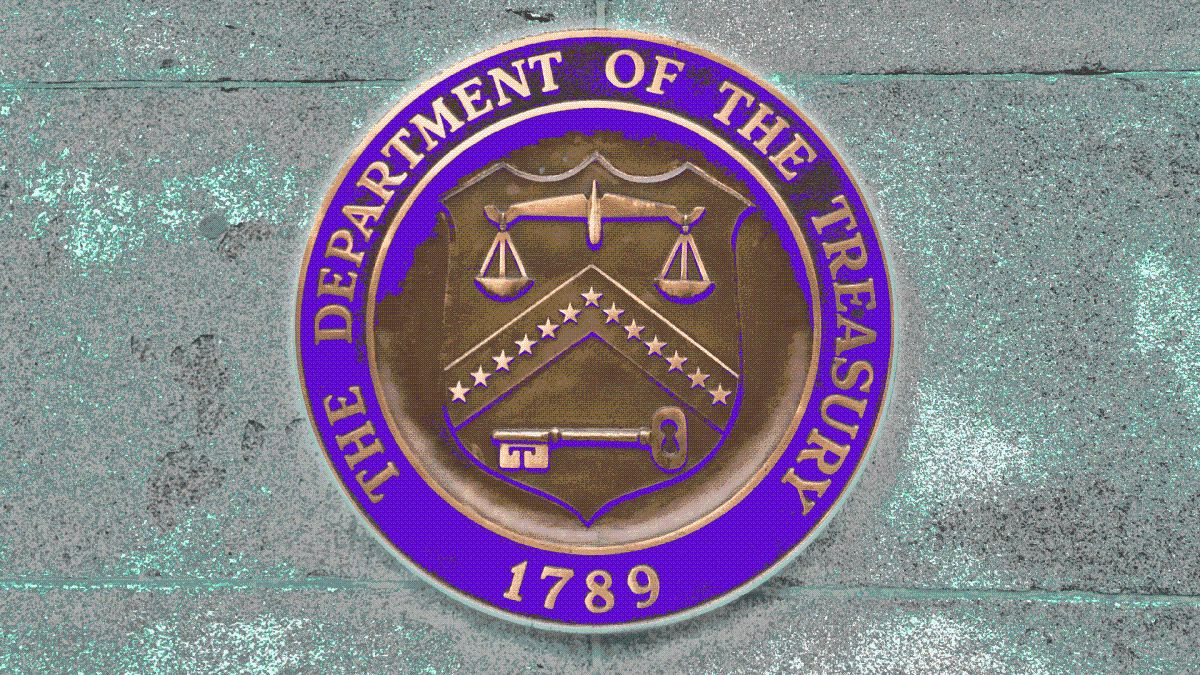US Treasury sanctions 49 Bitcoin and Monero addresses connected to shuttered darknet site Nemesis
Quick Take Nearly 50 Bitcoin and Monero addresses were added to the U.S. Treasury’s Office of Foreign Assets Control’s list of sanctioned entities. The addresses were controlled by Iranian national Behrouz Parsarad, the alleged administrator of the Nemesis darknet marketplace.

Dozens of Bitcoin and Monero addresses have been added to the U.S. government’s list of sanctioned entities, according to an announcement.
On Tuesday, the U.S. Department of the Treasury’s Office of Foreign Assets Control (OFAC) identified 49 virtual currency addresses used by Iranian national Behrouz Parsarad, the alleged administrator of the Nemesis darknet marketplace.
In total, 44 Bitcoin and five Monero addresses were singled out. Monero is a privacy coin designed to shield transaction details and other identifying information.
Parsarad was subject to an international law enforcement operation in 2024. Nemesis reportedly had 30,000 active users before being taken offline and facilitated the sale of nearly $30 million worth of narcotics during its three years of operation.
“Parsarad enriched himself from fees he charged users of Nemesis with every transaction, pocketing what OFAC estimates to be millions of dollars over the course of the marketplace’s existence,” OFAC wrote in a statement. “In addition to providing criminals with a platform to conduct transactions, Parsarad laundered virtual currencies for narcotics traffickers and cybercriminals active on Nemesis.”
Nemesis offered an array of drugs, personal identifying data, forged documents and ransomware as well as cybercrime services like phishing and DDoS tools.
The sanctions are allegedly tied to President Donald Trump’s Executive Order looking to stamp out the fentanyl trade. Parsarad does not appear to have been apprehended and has allegedly “discussed setting up a new darknet marketplace” with former vendors, OFAC claims.
The Treasury Department has worked to take down a number of darknet sites in recent years. In 2022, law enforcement agents shuttered Hydra Market, which was seen as the largest bust since the Silk Road was taken offline.
In January, Trump pardoned Silk Road founder Ross Ulbricht, who had served over 10 years of his life sentence.
Disclaimer: The content of this article solely reflects the author's opinion and does not represent the platform in any capacity. This article is not intended to serve as a reference for making investment decisions.
You may also like
The Fed’s hawkish rate cuts unveil the illusion of liquidity: the real risks for global assets in 2025–2026
The article analyzes the current uncertainty in global economic policies, the Federal Reserve's interest rate cut decisions and market reactions, as well as the structural risks in the financial system driven by liquidity. It also explores key issues such as the AI investment boom, changes in capital expenditures, and the loss of institutional trust. Summary generated by Mars AI This summary was generated by the Mars AI model, and the accuracy and completeness of its content is still undergoing iterative updates.

Cobo Stablecoin Weekly Report NO.30: Ripple's Comeback with a $40 Billion Valuation and the Stablecoin Transformation of a Cross-Border Remittance Giant
Transformation under the wave of stablecoins.

Bitrace's Perspectives and Outlook at Hong Kong FinTech Week
During the 9th Hong Kong FinTech Week, Bitrace CEO Isabel Shi participated in the Blockchain and Digital Assets Forum...

20x in 3 months: Does ZEC’s “Bitcoin Silver” narrative hold up?
You bought ZEC, I bought ETH, we both have a bright future.

